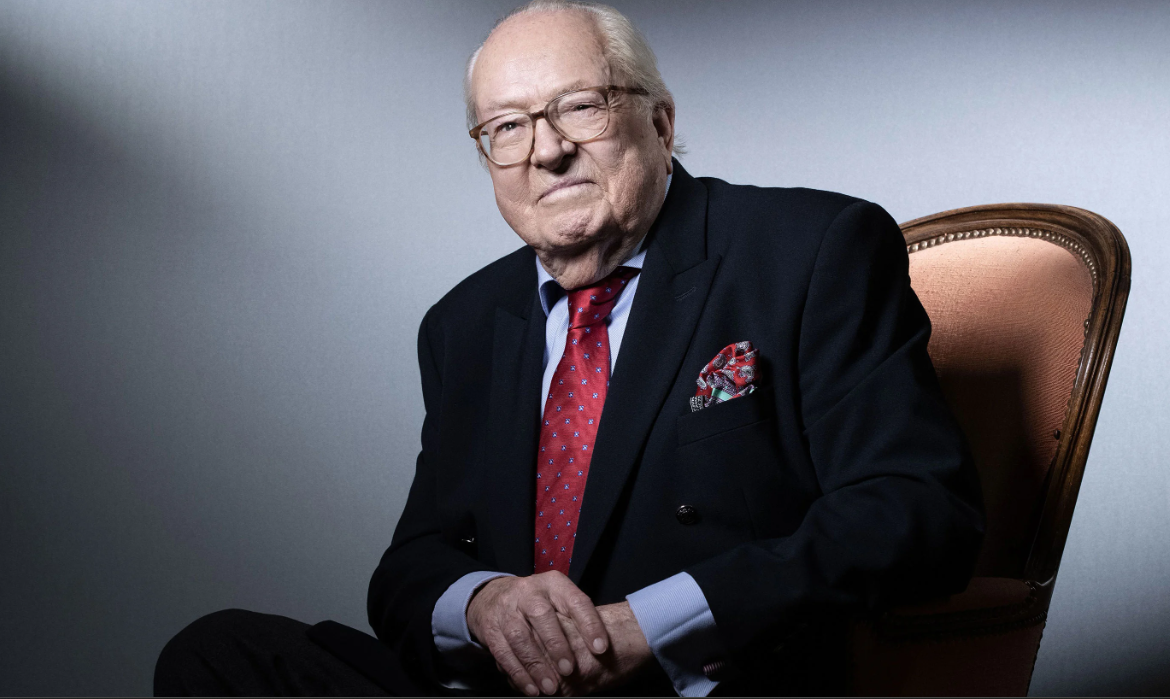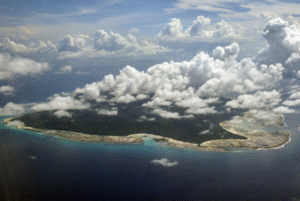Jean-Marie Le Pen, the French far-right politician, has passed away at the age of 96. According to his family, Le Pen died on Tuesday afternoon in a care facility, surrounded by his loved ones.
Le Pen, who founded the National Front party in 1972, was known for his controversial views on the Holocaust, race, gender, and immigration. His extreme stances often sparked significant debate.
Notably, in 2002, he made it to the presidential election run-off against Jacques Chirac.
In 2011, Jean-Marie Le Pen’s daughter, Marine Le Pen, assumed leadership of the National Front. Under her guidance, the party was rebranded as the National Rally and evolved into one of France’s prominent political entities.
Jordan Bardella, who replaced Marine Le Pen as the party leader in 2022, praised Jean-Marie Le Pen, stating that he had “always served France” and had worked to “defend its identity and sovereignty.”
French Prime Minister François Bayrou remarked that anyone who fought Jean-Marie Le Pen “knew what a fighter he was,” while Interior Minister Bruno Retailleau expressed his condolences to the family, stating that “a page of French history had been turned.”
Far-right nationalist Eric Zemmour shared that despite the controversies surrounding Le Pen, he would be remembered for being “among the first to alert France of the existential threats lurking.”
On the opposite side of the political spectrum, Jean-Luc Mélenchon, leader of the radical left France Unbowed (LFI), emphasized that while the dignity of the deceased and the grief of their family must be respected, it doesn’t negate the right to judge one’s actions. Mélenchon condemned Le Pen’s actions as “unbearable” and added, “The struggle against the man is over. That against the hatred, racism, Islamophobia, and antisemitism that he spread continues.”
Jean-Marie Le Pen was one of France’s most controversial political figures for several decades. His critics labeled him a far-right extremist, and he was convicted multiple times for his inflammatory remarks.
In a notorious 1987 interview, Le Pen downplayed the Holocaust, suggesting that while the gas chambers might have existed, they were a mere “point of detail” in World War II history. This statement led to his conviction for Holocaust denial under France’s strict laws against such actions, with a fine of €30,000.
Le Pen was again convicted in 2012 after making a similarly controversial remark about France’s Nazi occupation, claiming it had been “not particularly inhumane.”
Despite these controversies, Le Pen’s strong anti-immigration stance resonated with many voters. He secured 14% of the vote in the 1988 presidential election, 15% in 1995, and made it to the final round of the 2002 presidential race. However, a broad coalition of political parties urged their supporters to vote against him, and his opponent, Jacques Chirac, won with 82%.
In 2015, Le Pen was expelled from the National Rally after reiterating his Holocaust denial, a decision that followed a public dispute with his daughter, Marine. She accused him of revisiting these views to “rescue himself from obscurity.” Le Pen later remarked that his expulsion might have been an attempt by his daughter to make a gesture to the political establishment.













